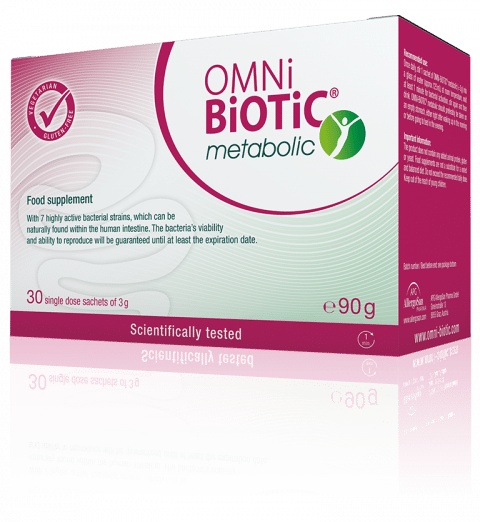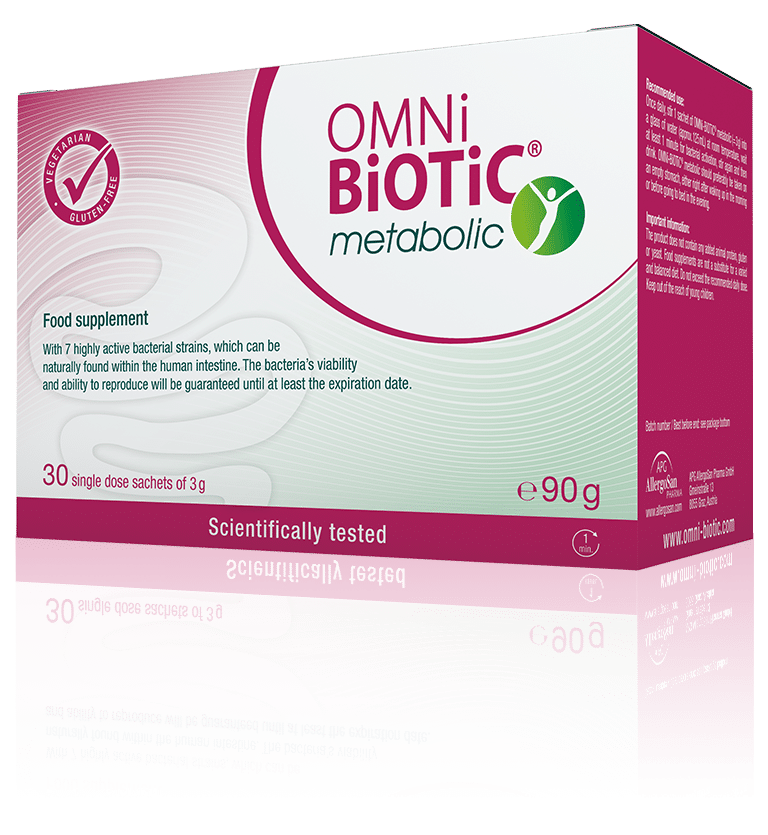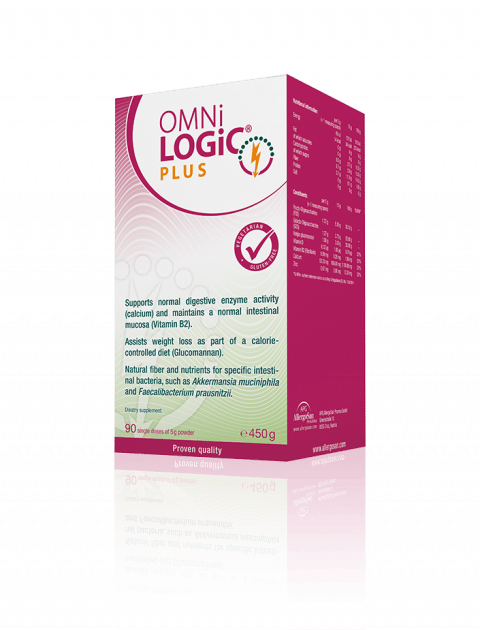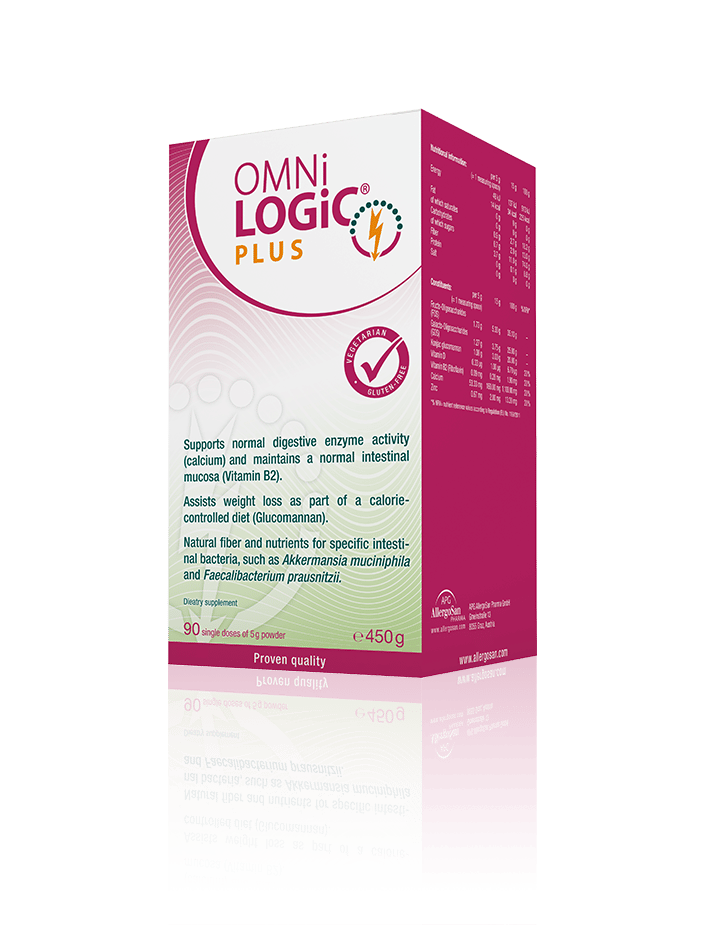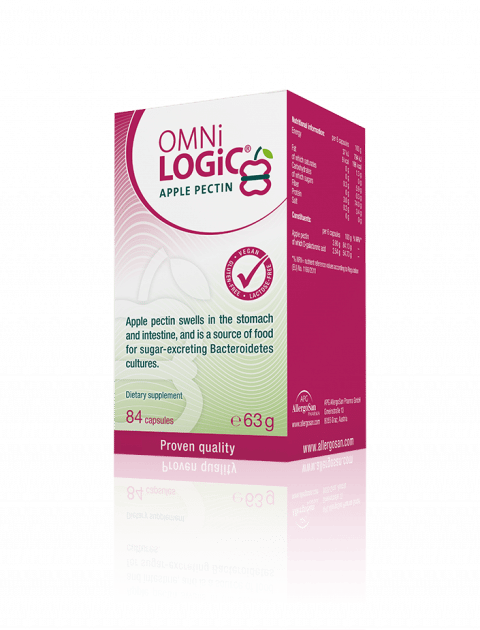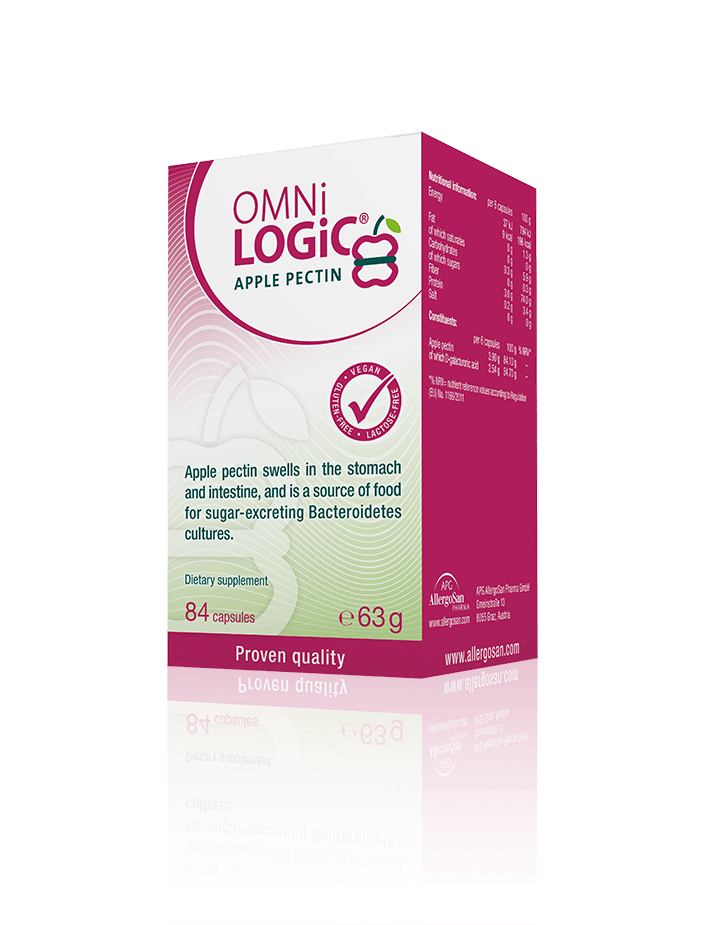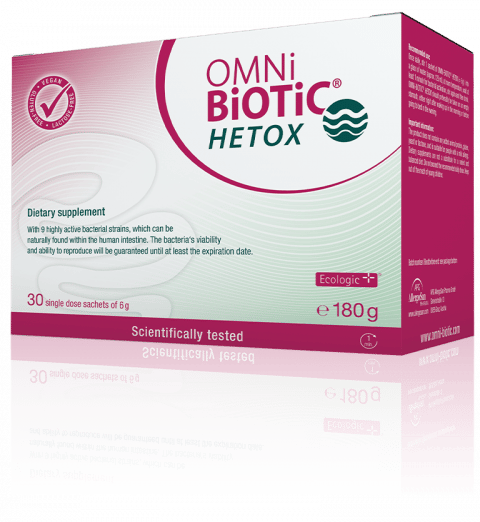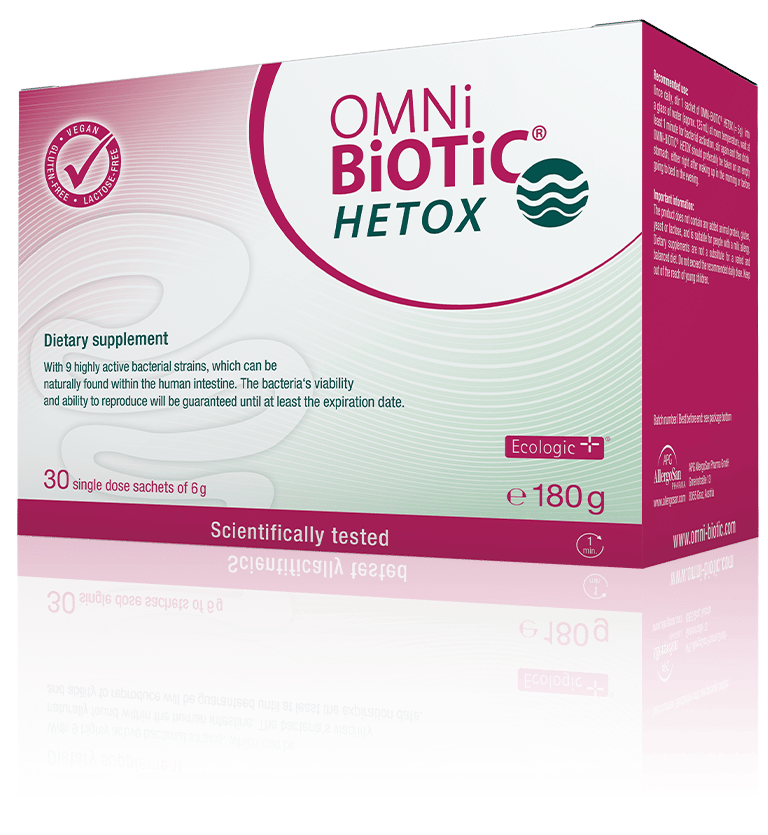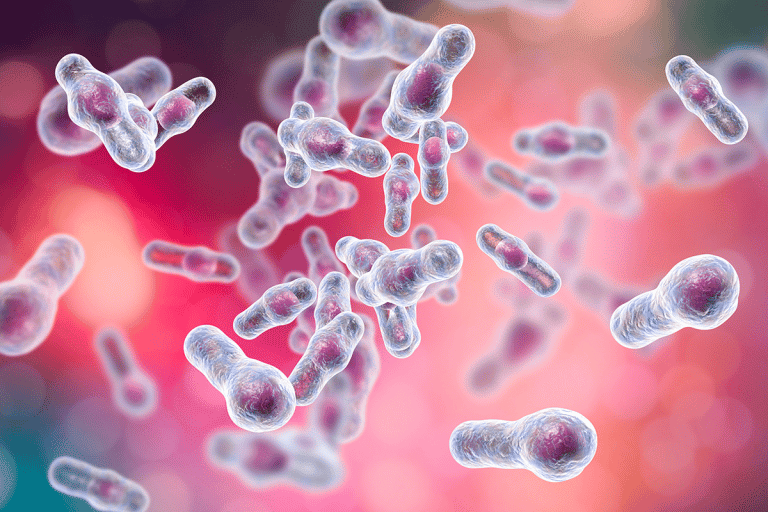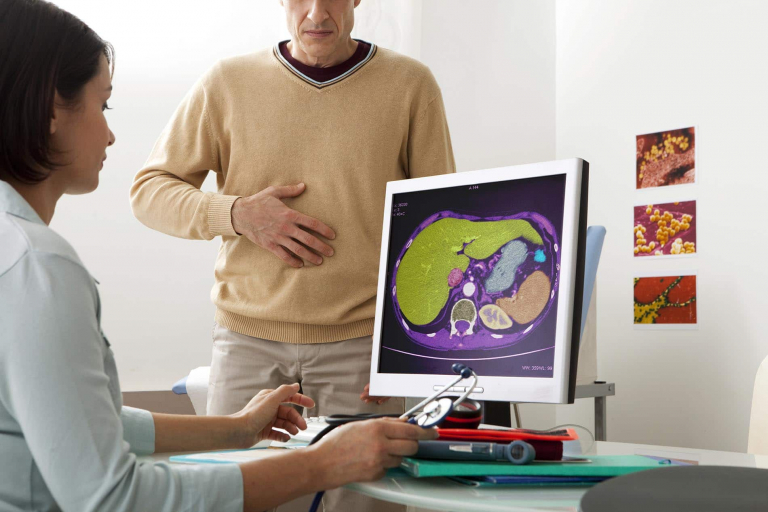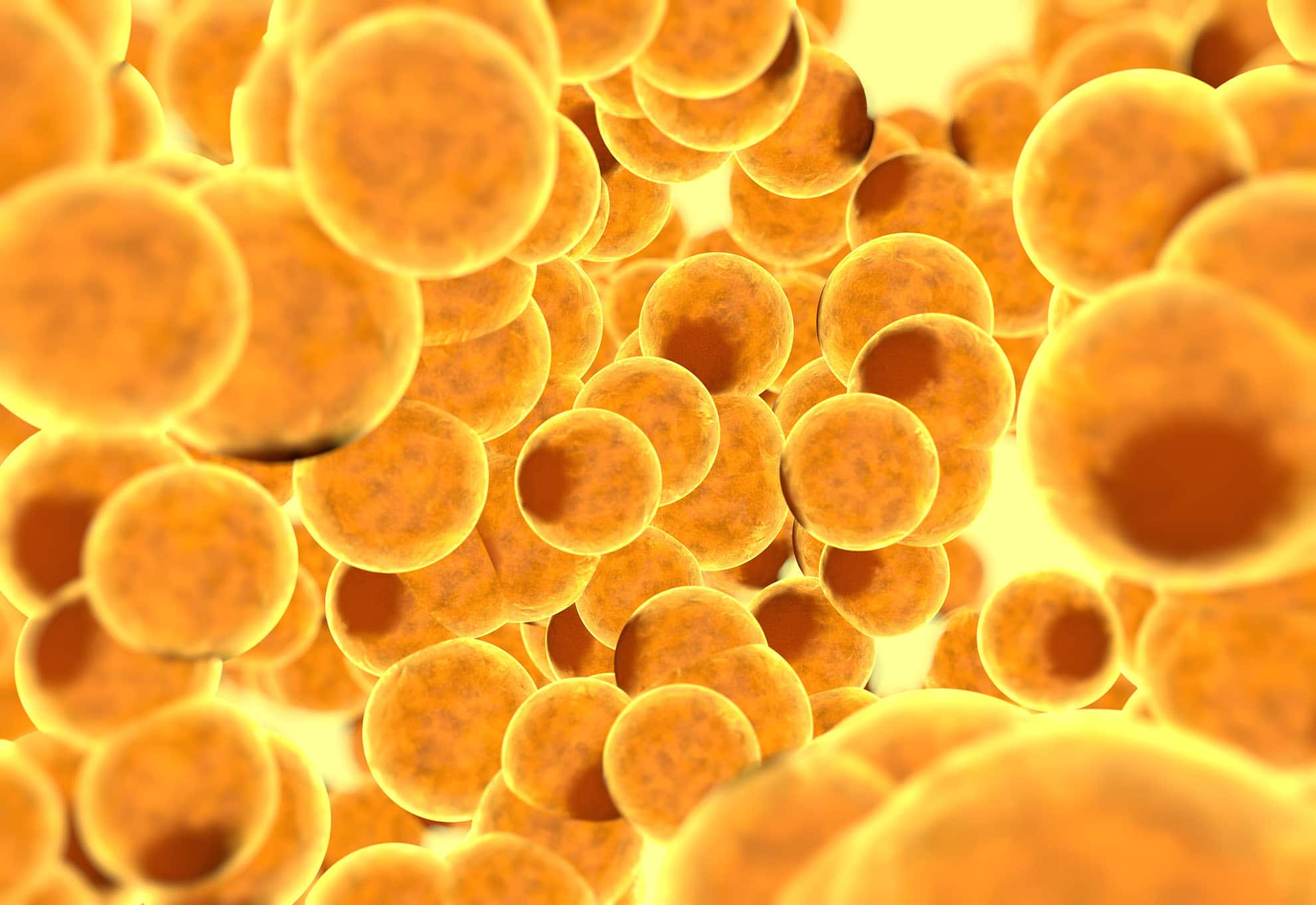
Herbert Hauser and Heidrun Valencak
Fats and Sugars
Fats are flavour enhancers, and sugar gives us energy. That’s why we like to eat a little too much of them. Besides their useful properties, these foods also have a dark side: Diabetes or a fatty liver are one of the many consequences that can result due to an excessive indulgence or a negative change in our gut bacteria, the microbiome.
Just before and around Christmas we are surrounded by cookies and hearty festive meals: But what happens to the sugars and fatty meals on their way through our intestines? Beforehand: both nutrients are „hidden“ in many foods and are isolated through a long chain of processes so that they can fulfil their tasks in the human body. The filter for this vital function lies in the intestines, more specifically in the intestinal mucosa. As a matter of fact, many other organs are also responsible for a smooth digestive process, day in and day out.
„Fodder-guzzlers“ the gut bacteria
Our intestines aren’t just responsible for transporting food from start to finish, instead, they make sure our body gets the nutrients it needs. Thereby, the trillions of useful bacteria in our gut play an important role: they produce, among others, important enzymes that break down large nutrients into small ones. These small food molecules can then be absorbed into the body through the intestinal mucosa. But only if the food is sufficiently broken down – and if the gut mucosa is healthy, has enough energy and free of old fermenting food residue, for which our gut bacteria is also responsible. Furthermore, our wholesome gut bacteria prevent harmful and unwanted bacteria from spreading, e.g. decaying germs. What we eat is, at the same time, food for our useful gut bacteria. Fibre, fruit, vegetables and whole grain are what the „healthy“ germs actually need. However, these nutrients are barely on our menu during the holiday season. Consequently, the balance between bacteria in our intestines shifts. For example, fermentation bacteria quickly grow out of control by consuming too much sugar. The consumed food, which is already heavy, can only be partially digested and „sits“ in the intestines. Because of the sugar decomposition, unpleasant gases are released, which not only smell bad but can also be poisonous. These gases are responsible for bloating as well as fatigue, concentration problems and many more.
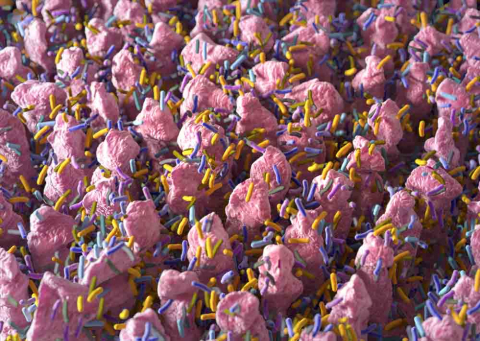
„Digestive organs“ Liver and Pancreas
Besides the intestines, the liver has an important role to play in the metabolism for the extraction of nutrients out of food. Among others, it enables the digestion of sugars and fats together with the gallbladder and pancreas. The liver produces bile, which can be stored in the gallbladder and from there released into the duodenum. Here, bile eases the absorption of fat molecules so that they can be carried to the liver via the portal vein and then further transported into the vascular system. Finally, they are either used or stored. The pancreas, for its part, contributes the hormone insulin. This hormone allows glucose (sugar) to enter cells from the blood so that it can be used to produce energy. Other sugar molecules are extracted from food using special enzymes (disaccharidases) in the intestines. A lack of these enzymes can lead to intolerances such as lactose intolerance. Remarkably, the liver store about 10% of its weight (1,4-1,8kg) in sugar and naturally release it when needed.
Mechanisms of the Bowel-Liver-Axis
As you can see, digestion involves multiple complex processes. The by now well-studied bowel-liver-axis needs a constant exchange of information so that these processes can work. For all that, a high variety of gut bacteria and an intact bowel mucosa are required. Both, however, are compromised by fatty and sugar-rich foods.
A damaged intestinal barrier leads to insidious diseases, which can end in liver cirrhosis if it’s not recognised. Liver cirrhosis is the end stage of chronic liver diseases, in which a changed – specifically a very permeable – intestinal barrier and consequently diminished liver function occur. The main task of the liver is detoxification. Its performance depends on an intact bowel function because all components of our food first reach the liver via the portal vein. These include nutrients and vital elements, but also toxic components (such as dyes and emulsifiers, sprays, fungal spores and harmful germs) that aren’t recognized and eliminated through a functional digestion. If the intestinal barrier is damaged, too many toxic components that should be eliminated enter the bloodstream. The liver is overwhelmed and can’t function properly due to, e.g. fat storage in the liver cells and over time leads to a (non-alcoholic) fatty liver. The fact that a reduced or unbalanced gut flora impairs our metabolism and organ function through the bowel-liver-axis is beyond debate. So that it doesn’t come to this, a constant balanced and varied diet is essential because it creates a healthy breeding ground for our helpful gut bacteria.
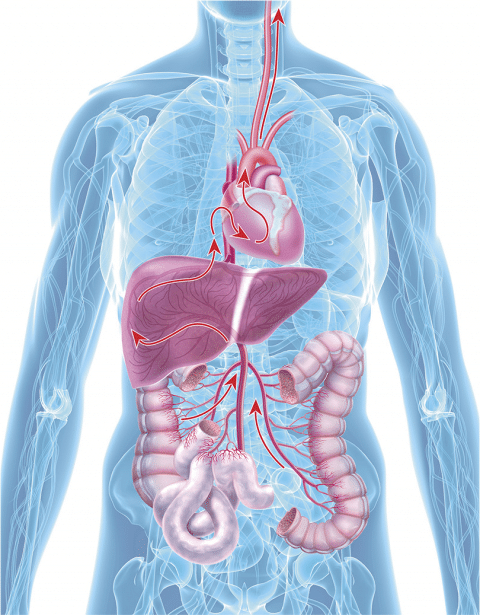
If the liver is completely overwhelmed, it reacts by storing fat in the liver cells and over time, leads to a fatty liver.
A widespread disease: Liver complaints

The artichoke stimulates the liver and gallbladder metabolism and therefore boosts bile production.
A healthy lifestyle with little fat and sugar is difficult for most. It’s no wonder we live in a society that’s confronted with an obesity epidemic: Currently, almost 30% of the world’s population is overweight and by the year 2030, probably every second person will be affected by obesity. Because of this development, fatty liver diseases are also on the rise – obesity has an 80% risk of developing into a fatty liver, whereas alcohol abuse has a 50% risk.
A fatty liver is often only the start of a flood of diseases: the liver can become inflamed due to a variety of reasons (being overweight, alcohol, viral infections…) – this disease is known as Hepatitis. This disease, if not treated or the individual lifestyle adapted, can end in liver atrophy, liver cirrhosis, in worst cases. Liver cirrhosis is, at present, untreatable with medication. Studies, however, show that a specially designed probiotic, namely the dietary food OMNi-BiOTiC HETOX, can improve liver function – and not just with slight disturbances, such as elevated cholesterol levels, but also by patients with severe liver cirrhosis.
„Bitter“ plant power for the detoxification headquarters
Improving the liver function with specially selected gut bacteria is an innovative approach and has attracted a lot of attention in the medical world. And although research hasn’t nearly uncovered all the mechanisms, the experiences of many doctors and patients can confirm its success. On top of that, there are many plants that have been used for centuries to help our liver when we overwhelmed it with an unhealthy diet. One of the best-known liver plants is the artichoke: It contains a bitter substance called cynarin, which stimulates the liver and gallbladder metabolism and boosts bile production. As a result, our body can better process fatty foods which leaves a positive impact on the fat metabolism. Marian thistle is also a „liver protector“. Its active agent is called silymarin and is responsible for hampering liver-damaging substances from entering the cells and improves the regeneration of liver tissue. By the way, the name Marian thistle comes from an old legend, according to which, the white spots on its leaves are attributed to the Virgin Mary’s milk.
Even the Dandelion, which is seen too often as an annoying weed, contains a lot of bitter substances: These promote the expulsion of digestive juices out of the body’s own digestive glands (e.g. from the liver and gallbladder, glands in the stomach mucosa, pancreas). The Dandelion is traditionally used for indigestion with bloating. Fresh green dandelions, for example, can be eaten with salad. The true champion among the liver plants, however, is the Japanese Wasabi. Also known as the Japanese horseradish, it has been used in the far east for centuries to detoxify the liver because of its high concentration of mustard seed oils: Specifically, they are anti-inflammatory and anti-infectious and keep certain bacteria and viruses at bay which could damage the liver.
Pay timely attention to your intestines and liver
The gut and liver are mainly in charge of making the food we eat accessible for our body and cleaning out all harmful bacteria and toxic substances. Our job is to pay attention to these important organs on time so that we stay healthy – ideally not just during the holidays but for the rest of our lives.
Fat and sugar absorption
Fats, carbohydrates and proteins are „fuels“ and therefore important energy sources.
All carbohydrates are mainly made up of sugars. This „sweet“ substance is the building block for starch. The 3 groups being simple sugars – glucose (e.g. corn sugar), disaccharides – sucrose (e.g. normal sugar) and oligosaccharides. The goal of digestive and metabolic processes is to generate glucose molecules, that every cell in your body can absorb and also eliminate through its cell membrane.
Dietary fats from plants or animals contain glycerine and fatty acids in the form of saturated, simple unsaturated and multiple unsaturated fatty acids. The digestive and metabolic processes extract and distribute these different molecules. Unsaturated fatty acids, for example, are used for the formation of essential substances.
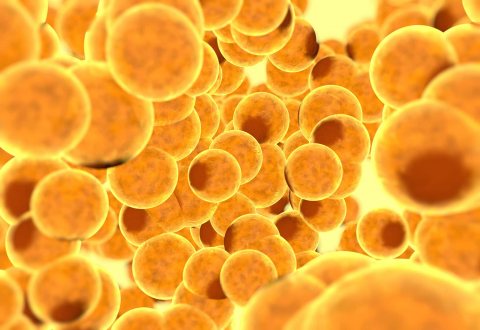
Tips for a healthy liver
Plenty of tap water and tea should be consumed in order to support the main liver function, detoxification. Drinks high in sugar or alcohol, on the other hand, are bad for the liver’s health and demand „overtime“.
A good way to take some pressure off the liver is a balanced diet. After initial damage, it is helpful to avoid „liver-harmful“ foods for a few months. These include precooked meals, dishes and drinks with a lot of sugar, alcohol and fatty dishes. Green veggies with a lot of bitter substances such as artichokes, rocket, spinach, coriander and endive are beneficial.
The gut is the source of all substances that reach the liver. If our bowel bacteria perish because of an unhealthy diet, medication or chronic stress, our intestines become more permeable. Therefore, more toxins reach the liver than it can break down. Special clinically tested probiotics are available at pharmacies, that keep liver dysfunctions under control through the intestines.
A bit of exercise isn’t just healthy for the entire body, even the liver profits from a better blood supply and activated metabolism. In addition, exercise eases tension and reduces daily stress. That being said, you don’t have to run a marathon, just a few hundred extra steps per day have a positive effect on your health.
There are a few natural substances and healing plants that are proven to support the liver function. These include the artichoke, dandelion and Marian thistle, whose plant extracts are rich in bitter substances. Grape seed extracts contain a high concentration of polyphenols or rather powerful antioxidants. Even Wasabi is rich in antioxidative mustard oils and is used in Asia as an established household remedy for digestive problems.
Tips for a healthy gut
Fibres are an important basic food resource for our gut bacteria and support digestion. Fruit, vegetables and whole grain contain large amounts of fibres. Special pharmaceutical probiotics offer some help. Be careful if you’ve had a fibre-poor diet until now: Slowly change your diet. Start with one teaspoon of probiotics a day so that your intestines can get used to a fibre-rich diet.
About 2 litres of liquid a day is recommended, physical exercise and high temperatures (e.g. sauna) require more. Try and stick to water and unsweetened tea because alcohol can slow digestion and also damage intestinal cells.
Take care of your gut by supplying helpful bacteria through probiotics, especially when you realise that your digestion isn’t working flawlessly anymore and you feel bloated and constipated. This can occur after a stressful celebration, heavy foods or antibiotic intake. Ask your pharmacist which probiotic is best suited for you.
Train your intestines with regular mealtimes towards a regulated digestion and take as much time as needed when going to the toilet. Make sure of having a regular digestion without laxatives.

